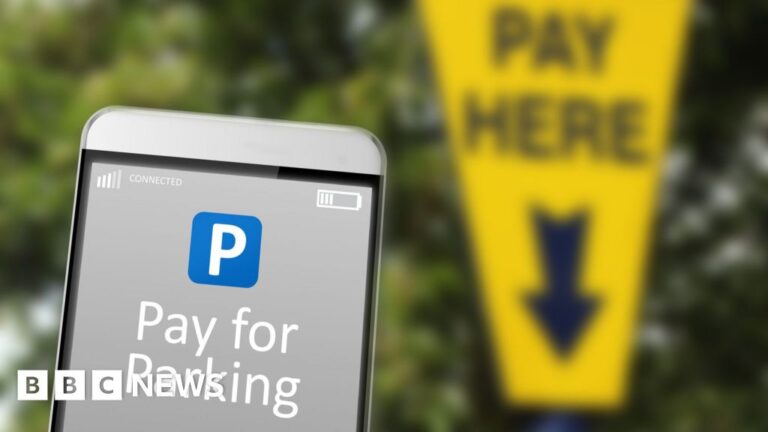Private parking companies have pledged to update their rules to ensure motorists are not penalized if they do not pay to park within five minutes.
It comes after motorist Rosey Hudson was taken to court last year after racking up £1,906 in fines for taking more than five minutes to pay for her parking in Derby.
Ms Hudson received 10 parking charge notices in the space of several days after walking away from her car to find phone reception so she could use an app to pay for a space.
Two industry bodies now say they will revise their codes of conduct to “protect genuine motorists” and “reflect technological advances”.
The British Parking Association (BPA) and the International Parking Community (IPC) have announced that a committee will review the private parking sector’s code of conduct to ensure it “protects genuine motorists who have difficulty paying promptly at entry”.
The BPA said a key priority would be to urgently review Ms Hudson’s case, which has been called the five-minute payment rule.
It said a review of the code dealing with payment difficulties would come into force by February 2025 and the full review could be expected by the following April.
Ms Hudson was one of several people taken to court by private parking operator Excel Parking.
In December, Excel dropped his case without explanation, and did the same for Garry Kay, who parked in the same car park in Derby and was set to fight a £255 fine.
In November, analysis of government data by the RAC Foundation found that private parking companies were issuing an average of 41,000 parking tickets per day.
Each ticket can be worth up to £100, meaning the maximum total daily income from fines issued to drivers would be £4.1 million.
A bill to introduce a government-backed code of practice for private parking companies received royal assent in 2019, but it was withdrawn in June 2022 after a legal challenge by parking companies.
This code included a £50 cap on most fines, a grace period for delays and a fairer appeals system.
In June, the BPA and IPC published their own code of practice which will be overseen by the new committee.
The decision to introduce the panel shows that private parking companies are “serious in their desire to raise standards, but also to make decisive changes to the code when problems arise”, the BPA chief executive said , Andrew Pester.
IPC chief executive Will Hurley said the panel “shows the industry’s commitment to improving the reputation of our sector”.

